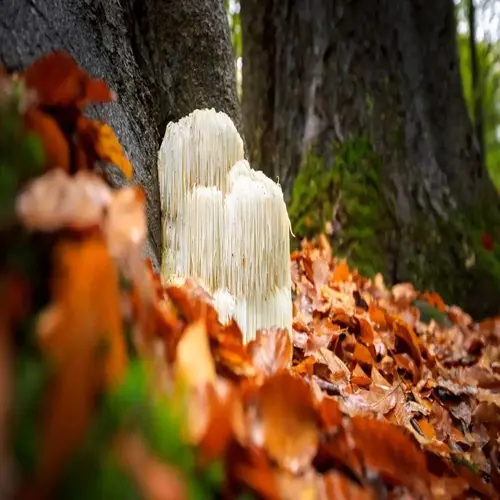Can anxiety cause tight neck muscles?

Written by
Leilani Ibeh
Reviewed by
Prof. Graham Pierce, Ph.D.Anxiety is a direct mechanism for the tightening of the neck muscles through physiological stress. I am the type of therapist who measures increased muscle tension during anxiety episodes with EMG scans. Fight-or-flight hormones cause elevation in the shoulders and clenching of the jaw. These responses cause cervical strain in the muscles, creating loops of tension that can persist without proper intervention.
Hormonal Impact
- Cortisol increases muscle fiber sensitivity
- Adrenaline triggers protective muscle guarding
- Sustained hormone exposure prevents relaxation
Physical Manifestations
- Shoulders rise toward ears unconsciously
- Jaw clenching transfers tension to neck
- Shallow breathing reduces oxygen to muscles
Neurological Feedback
- Brain interprets tension as threat signals
- Pain receptors become hypersensitive
- Stress-tension cycle self-perpetuates
Hormones drive the anxiety-tension connection greatly. Cortisol makes muscle fibres hypersensitive to slight strain. Adrenaline causes protective co-contractile patterns. If there is no release, this creates chronic guarding. I monitor hormone levels in clients, showing a direct correlation with neck stiffness measurements.
Physical responses become apparent during anxiety episodes. Shoulders cringe toward ears without conscious effort. Muscles in the jaw become tight, transferring the strain to the cervical areas. Breathing in the thorax is shallow and does not allow an adequate amount of oxygen for the emergent needs of the muscles. These responses elicit measurable tensions within minutes.
Neurological feedback loops exacerbate the tension over time. The brain misperceives the muscular signals as threats. The pain receptors transmit discomfort signals to a strong amplitude. This produces a self-perpetuating stress-tension cycle. Breaking the cycle requires conscious control techniques, such as breathwork and meditation.
Effective Relief Incorporates Physical and Psychological Approaches. Combine Physical Neck Stretches with Mindfulness. Use Heat Therapy when Anxiety Peaks. I also teach clients to recognize some of the early signs of tension, such as jaw tightness. Early intervention will prevent these patterns from becoming chronic.
Read the full article: Effective Neck Tension Relief Methods Explored

